
Benghazi: The Coastal Gem of Libya
Benghazi, the second-largest city in Libya, is a blend of history, culture, and stunning coastal beauty. Located along the Mediterranean Sea, Benghazi is known for its rich history and vibrant local life. As you walk through the city, you'll encounter a mix of ancient ruins and modern developments, offering a unique glimpse into its past and present. One of the must-see sites in Benghazi is the Ptolemais, an ancient Greek city that showcases the grandeur of Hellenistic architecture. The ruins here are a testament to the city's historical significance and provide a fascinating journey back in time. Another historical highlight is the Benghazi Lighthouse, which not only serves as a navigational aid but also offers panoramic views of the coastline. For those interested in local culture, the Benghazi Souq is a bustling marketplace where you can find traditional crafts, spices, and textiles. It's a perfect spot to immerse yourself in the local way of life and perhaps pick up a unique souvenir. Additionally, the city's coastal location means it boasts some beautiful beaches where you can relax and enjoy the Mediterranean sun. Benghazi is also a gateway to other attractions in the region. The nearby Jebel Akhdar, or Green Mountain, offers breathtaking landscapes and is a great spot for hiking and exploring nature. Whether you're a history buff, a culture enthusiast, or simply looking to unwind by the sea, Benghazi has something to offer every traveler.
Local tips in Benghazi
- Visit Ptolemais early in the morning to avoid crowds and the midday heat.
- Dress modestly to respect local customs, especially when visiting historical and religious sites.
- Bargain at the Benghazi Souq to get the best prices on traditional crafts and souvenirs.
- Try local dishes like couscous and bazeen for an authentic culinary experience.
- Hire a local guide for a more in-depth understanding of the city’s history and culture.
Benghazi: The Coastal Gem of Libya
Benghazi, the second-largest city in Libya, is a blend of history, culture, and stunning coastal beauty. Located along the Mediterranean Sea, Benghazi is known for its rich history and vibrant local life. As you walk through the city, you'll encounter a mix of ancient ruins and modern developments, offering a unique glimpse into its past and present. One of the must-see sites in Benghazi is the Ptolemais, an ancient Greek city that showcases the grandeur of Hellenistic architecture. The ruins here are a testament to the city's historical significance and provide a fascinating journey back in time. Another historical highlight is the Benghazi Lighthouse, which not only serves as a navigational aid but also offers panoramic views of the coastline. For those interested in local culture, the Benghazi Souq is a bustling marketplace where you can find traditional crafts, spices, and textiles. It's a perfect spot to immerse yourself in the local way of life and perhaps pick up a unique souvenir. Additionally, the city's coastal location means it boasts some beautiful beaches where you can relax and enjoy the Mediterranean sun. Benghazi is also a gateway to other attractions in the region. The nearby Jebel Akhdar, or Green Mountain, offers breathtaking landscapes and is a great spot for hiking and exploring nature. Whether you're a history buff, a culture enthusiast, or simply looking to unwind by the sea, Benghazi has something to offer every traveler.
When is the best time to go to Benghazi?
Iconic landmarks you can’t miss
Benghazi Zoo
Explore Benghazi Zoo, a remarkable wildlife sanctuary offering diverse animal encounters and lush green spaces in the heart of Libya's vibrant city.
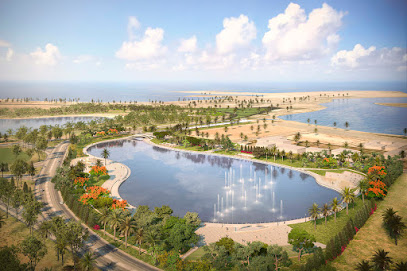
Arc of Marcus Aurelius
Explore the grandeur of the Arc of Marcus Aurelius, a stunning historical landmark in Tripoli that showcases ancient Roman architecture and rich cultural heritage.
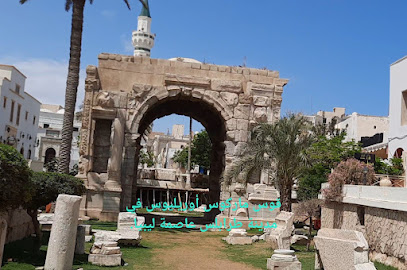
Saraya Museum
Explore Libya's rich archaeological heritage at Saraya Museum, located in Tripoli's historic Old City.
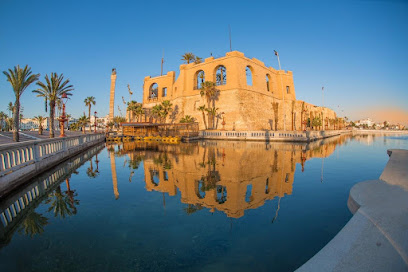
Sabratha Family Park
Discover Sabratha Family Park, a serene escape filled with lush greenery and family-friendly activities in the heart of Libya.
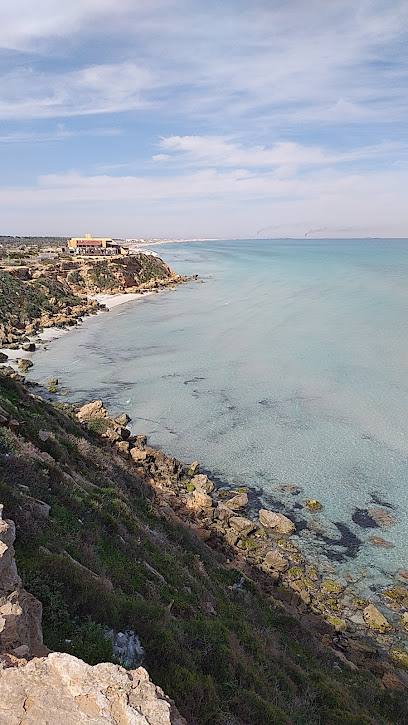
Sebha Castle
Explore the captivating history and breathtaking architecture of Sebha Castle, a prominent historical landmark in Libya that enchants every visitor.
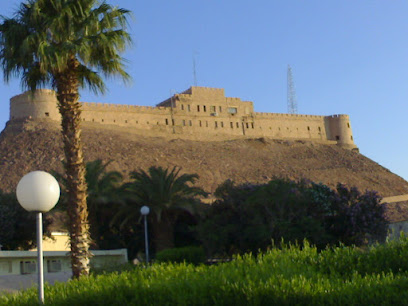
Ptolemais
Explore the ancient ruins of Ptolemais, a historical landmark in Libya that showcases the splendor of ancient civilizations and their architectural brilliance.
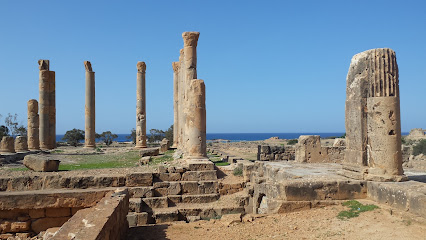
Omar Al-Mukhtar Mosque
Explore the architectural beauty and spiritual significance of Omar Al-Mukhtar Mosque in Benghazi, a must-visit landmark for every traveler.
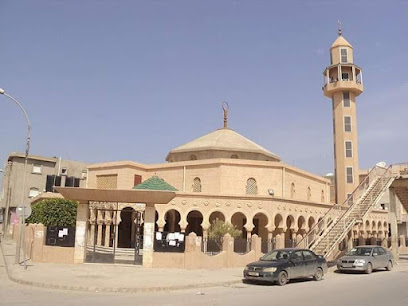
House of Yusuf Karamanli
Explore the House of Yusuf Karamanli in Tripoli—an architectural gem showcasing Libya's rich history and cultural heritage.
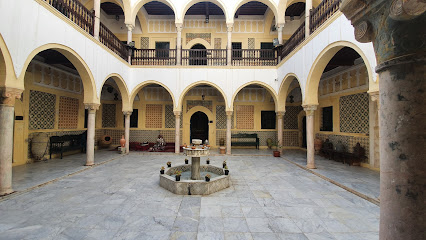
Lake Ein Zeiyana
Explore Lake Ein Zeiyana in Benghazi, Libya – a serene oasis perfect for relaxation and photography amidst stunning natural beauty.
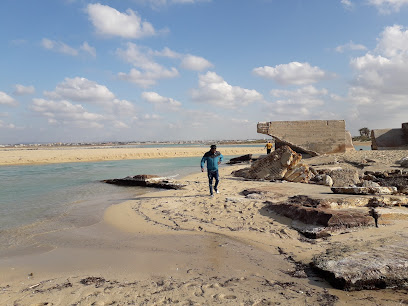
Basilica of Justinian
Explore the Basilica of Justinian in Sabratah, a stunning historical landmark showcasing ancient Roman architecture and rich cultural heritage.
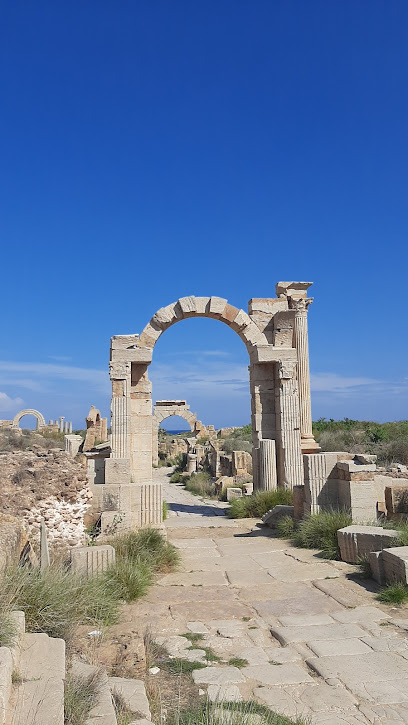
Benghazi Libya
Experience the vibrant culture and rich history of Benghazi from the comfort of this welcoming apartment complex, your gateway to Libya's heart.
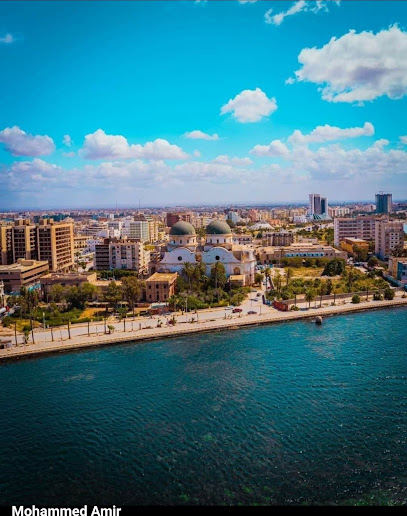
el-Manar Palace
Explore the architectural beauty and rich history of el-Manar Palace, a stunning landmark that reflects the cultural heritage of Benghazi.
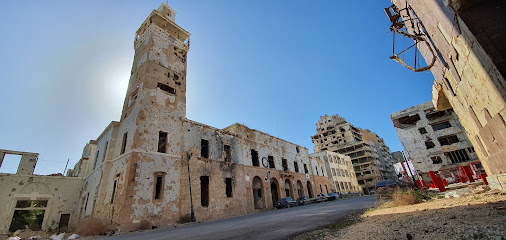
Maydān ash-Shuhadā’
Discover the vibrant Maydān ash-Shuhadā’ in Benghazi, a historical town square filled with culture, local flavors, and lively ambiance.

Alshajara Square
Discover the vibrant heart of Benghazi at Alshajara Square, where history, culture, and local life come together in a picturesque town square.
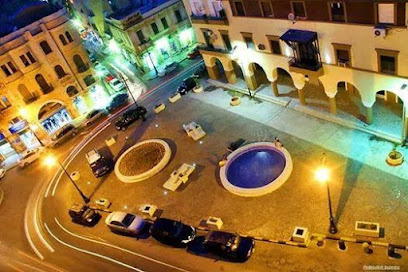
ساحة الحريه
Explore Sahat Al-Hurriya, the lively heart of Benghazi, where history meets culture in a vibrant town square filled with local life and traditional Libyan charm.

Unmissable attractions to see
Benghazi Zoo
Discover diverse wildlife and enjoy a green escape at Benghazi Zoo, a cherished family destination since 1956. Open daily 11 AM to 9 PM.
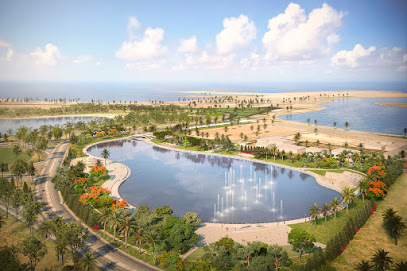
Golden Palm Tree Resort
Experience luxury and serenity at the Golden Palm Tree Resort in Benghazi, where stunning beaches meet vibrant culture and exceptional hospitality.
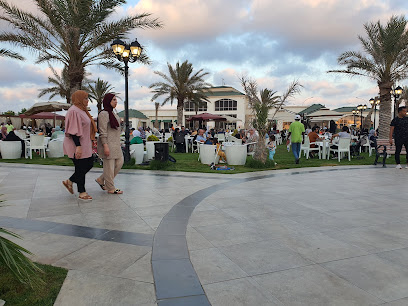
الكورنيش
Experience the vibrant heart of Benghazi at Al Kurnaysh, a beautifully reconstructed waterfront offering stunning Mediterranean views and local culture.
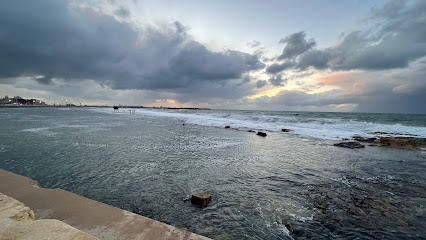
Al-Sindibad Park
Discover Al-Sindibad Park in Benghazi: A perfect family escape with games, cafes, and open spaces for relaxation and fun.
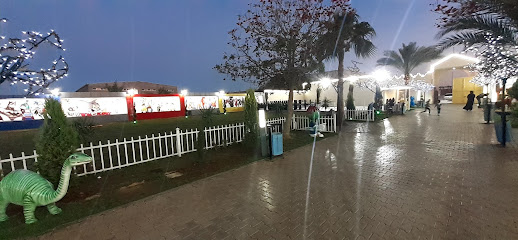
Gardens park
Discover tranquility and natural beauty at Gardens Park in Benghazi, a serene oasis perfect for relaxation and leisurely strolls amidst vibrant flora.
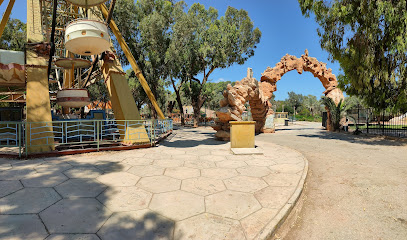
Omar Al-Mukhtar Mosque
Discover the serene beauty and historical significance of Benghazi's Omar Al-Mukhtar Mosque, a tribute to Libyan heritage and Islamic architecture.
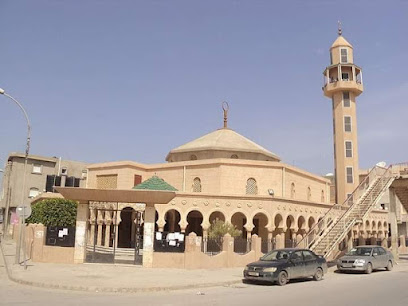
23rd July Lake
Discover the tranquil beauty of 23rd July Lake in Benghazi, a serene oasis between the city center and the Mediterranean Port.
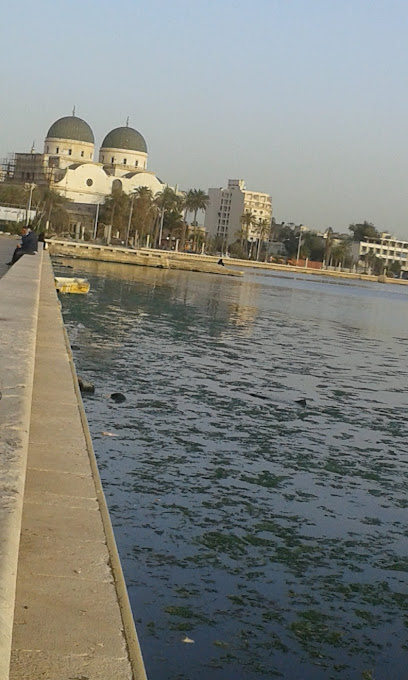
Lake Ein Zeiyana
Discover Lake Ein Zeiyana in Benghazi: a picturesque escape with turquoise waters, perfect for relaxation, photography, and nature walks.
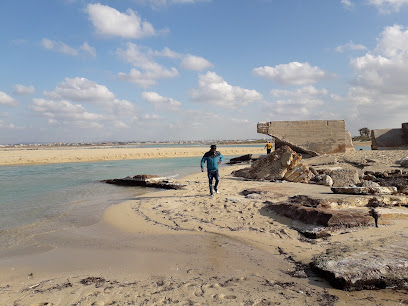
مؤسسة براح للثقافة والفنون
Explore Libyan art and culture at the Barah Foundation in Benghazi, a hub for exhibitions, events, and artistic expression.
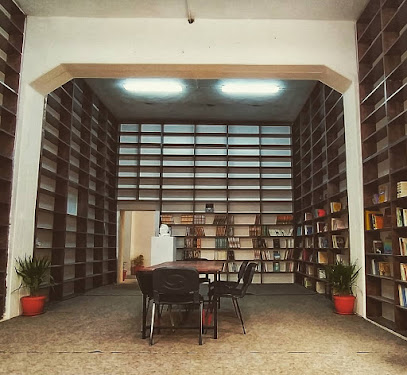
Bushileef ( Scouts Beach )
Discover Bushileef (Scouts Beach) in Benghazi: golden sands, clear waters, and a perfect spot for relaxation and recreation by the sea.
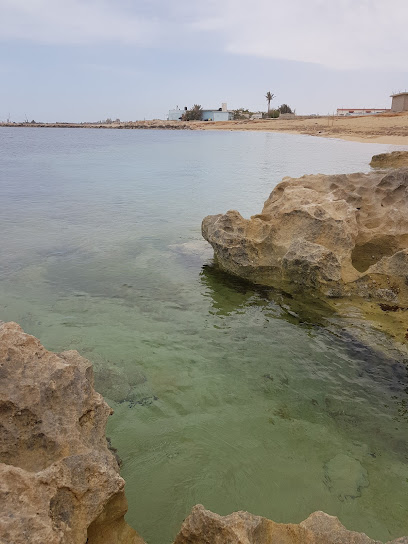
Boats graveyard
Explore the haunting Boats Graveyard in Benghazi, a testament to the city's wartime history and maritime past.
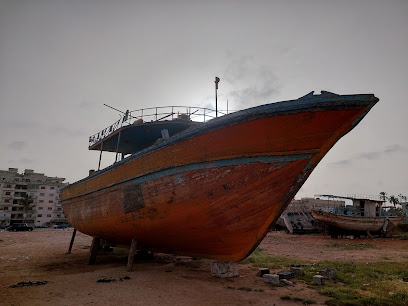
Essential places to dine
PISA مطعم بيزا
Experience authentic Libyan cuisine at PISA مطعم بيزا in Benghazi - where flavor meets culture in a welcoming atmosphere.
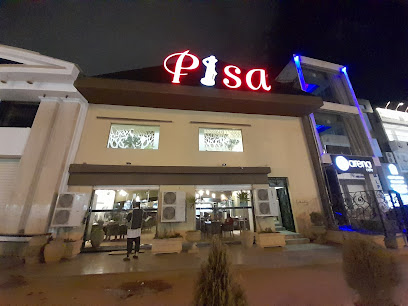
مطعم زعفران - Zafaran Restaurant
Experience the rich tapestry of Indian, Afghan, and Pakistani cuisines at Zafaran Restaurant in Benghazi—a true feast for your senses.
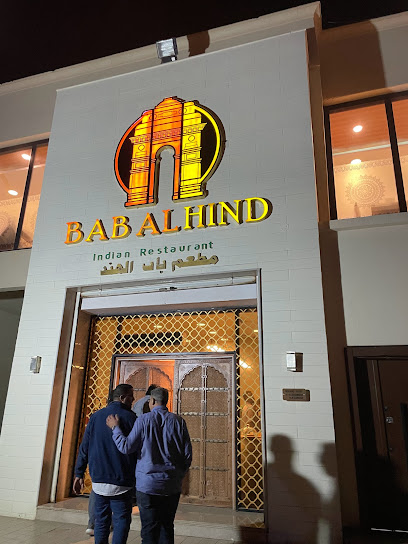
مطعم الديلاوي بنغازي Dilawy breakfast restaurant Benghazi
Savor authentic Libyan breakfasts at Dilawy Restaurant in Benghazi – where tradition meets taste.
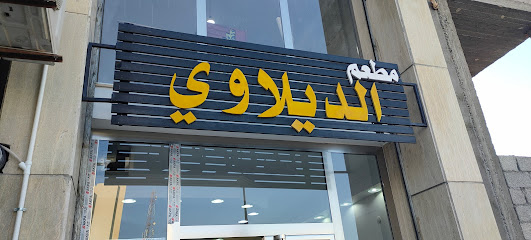
Ehmaida Fasoolia
Discover authentic Libyan flavors at Ehmaida Fasoolia in Benghazi—where every dish tells a story.
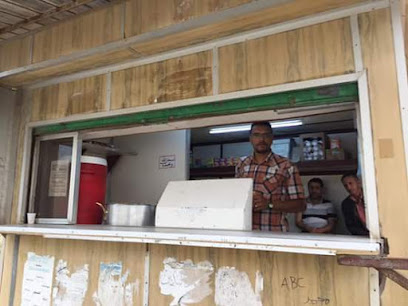
KFC Benghazi
Experience the iconic taste of KFC at Benghazi's favorite fast-food destination, offering delicious fried chicken and more.
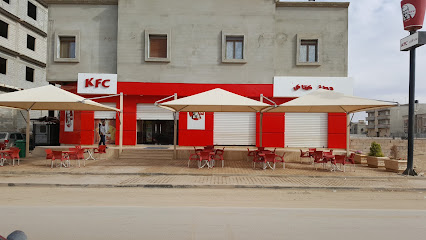
Megana Resturant
Experience authentic Libyan flavors at Megana Restaurant in Benghazi – where traditional meets contemporary dining.
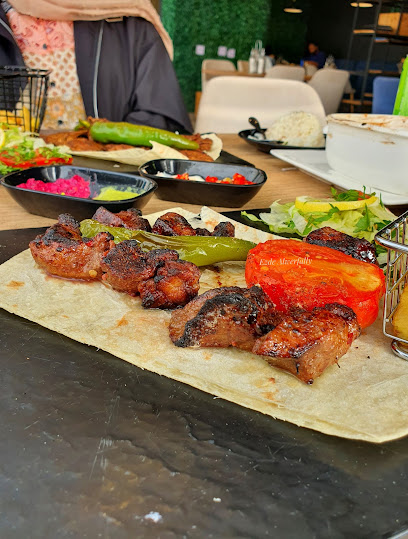
مقهى ومطعم زين
Explore authentic Libyan flavors at مقهى ومطعم زين in Benghazi - where tradition meets modern cuisine in a welcoming atmosphere.
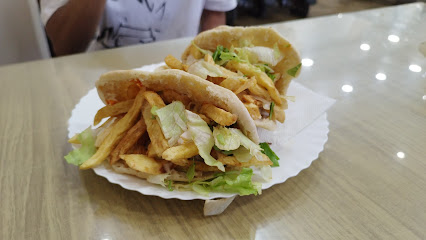
مطعم توسكانا
Discover the authentic flavors of Libya at Toscana Restaurant in Benghazi - where tradition meets modern culinary art.
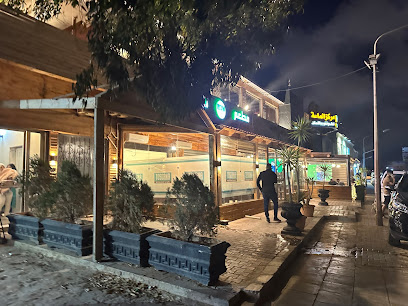
مطعم فلافل زين
Experience authentic Libyan falafel at مطعم فلافل زين in Benghazi - where flavor meets tradition in every bite.
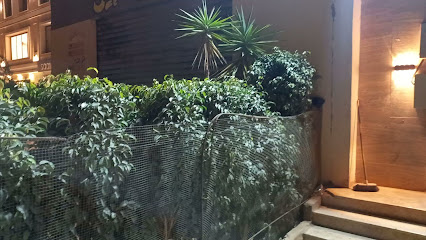
Flaminio - فلامينيو
Experience authentic Italian cuisine at Flaminio in Benghazi – where every dish tells a story of tradition and flavor.
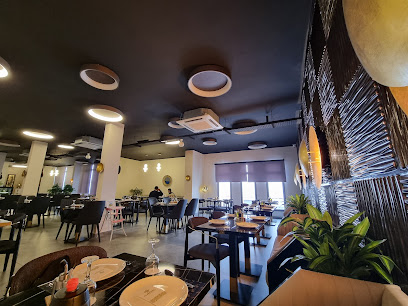
spago restaurant and Cafe
Experience exquisite dining at Spago Restaurant and Cafe in Benghazi - where local flavors meet international cuisine in a welcoming atmosphere.
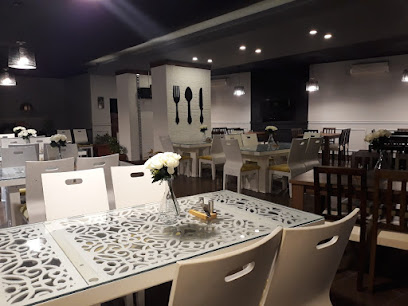
Megana Restaurant
Experience authentic Libyan cuisine at Megana Restaurant in Benghazi - where every meal tells a story.
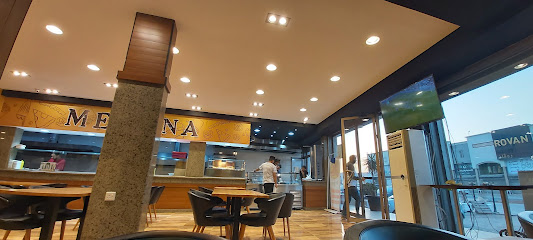
المطعم الملكي للكباب
Savor the essence of Libyan cuisine at المطعم الملكي للكباب in Benghazi - where tradition meets taste.
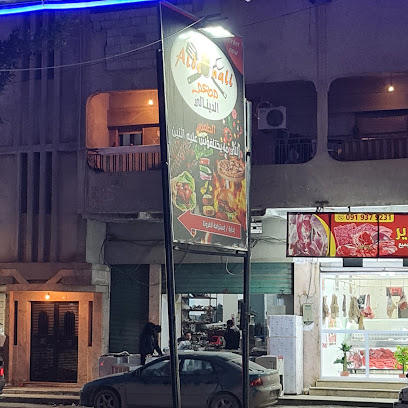
مطعم الكبير
Discover the essence of Libyan cuisine at مطعم الكبير in Benghazi—where tradition meets flavor in every dish.
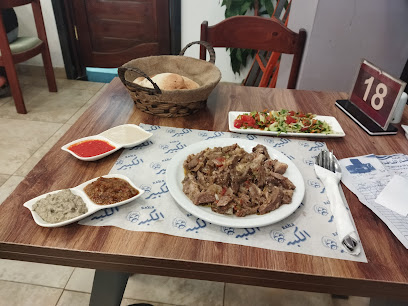
مطعم بولًي للوجبات السريعة
Experience delicious fast food at مطعم بولًي للوجبات السريعة in Benghazi - where local flavors meet international favorites.
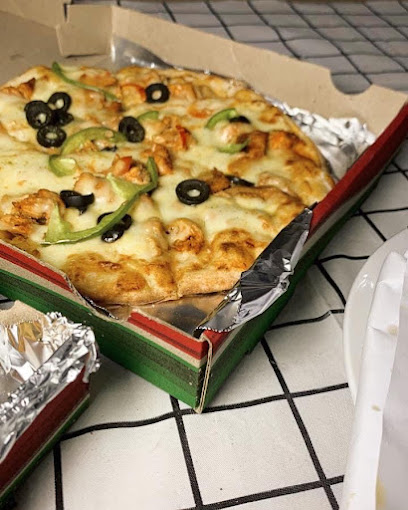
Markets, malls and hidden boutiques
Mall Of Benghazi
Explore the Mall of Benghazi for a unique shopping experience blending local culture, diverse dining, and entertainment in Libya's vibrant heart.
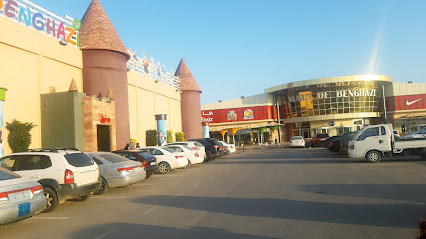
Benghazi Commercial Center
Discover the heart of Benghazi at the Commercial Center, where shopping meets vibrant local culture and delicious dining experiences.
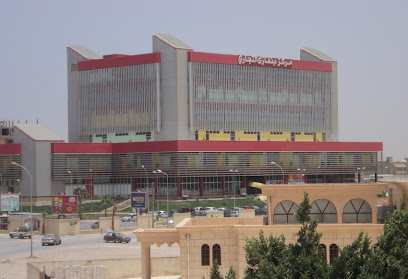
Budzirh Mall
Discover the lively Budzirh Mall in Benghazi, a shopping paradise filled with diverse stores, delicious dining, and vibrant entertainment.
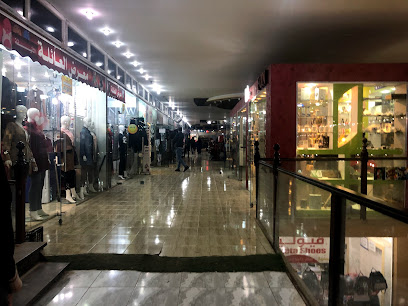
سوق بيم للتسوق
Experience local life at Bim Supermarket in Benghazi, where diverse products and friendly service meet to create a unique shopping experience.
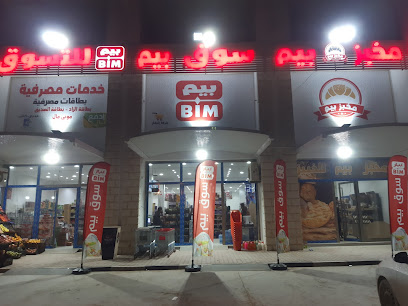
Brands Center
Explore the vibrant fashion offerings at Brands Center in Benghazi, where local style meets global trends, perfect for every tourist's wardrobe.
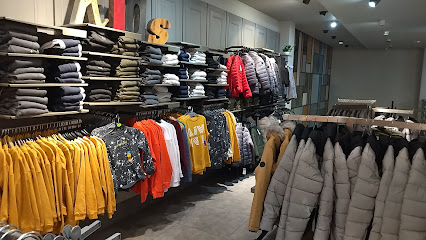
المطار مول
Discover the essence of Benghazi shopping at المطار مول - a blend of local charm and international brands in a vibrant atmosphere.

فرصة للملابس النسائية
Explore the vibrant world of women's fashion at فرصة للملابس النسائية, a must-visit clothing store in the heart of Benghazi's سوق زمزم.

سوق بودزيرة بنغازي
Discover the charm of Souk Bouzireh in Benghazi, where local culture meets vibrant shopping and delicious cuisine.
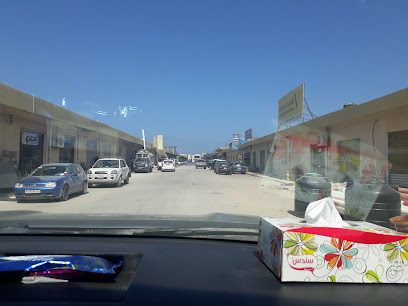
نور الهدى لملابس الأطفال
Discover stylish children's clothing at نور الهدى لملابس الأطفال in Benghazi, where quality meets fashion for your little ones.
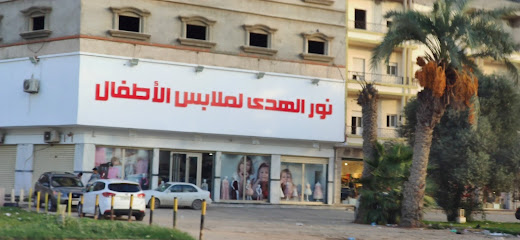
Grocery market
Experience the vibrant culture and flavors of Benghazi at its bustling grocery market, where local products and warm hospitality await.
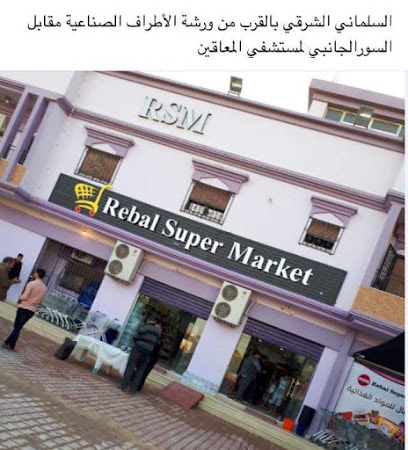
Nice Shoes Shop محل نايس شوز
Discover stylish and comfortable footwear at Nice Shoes Shop in Benghazi, Libya - your go-to for unique shoes during your travels.
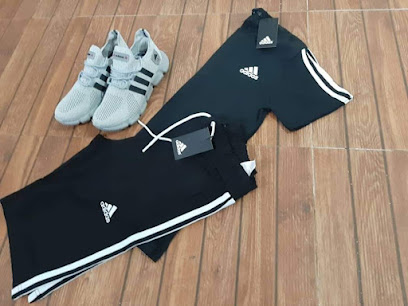
محمد علي
Discover the vibrant culture of Libya at Muhammad Ali Store in Benghazi, where shopping meets local heritage in a lively atmosphere.

Brand market
Explore the Brand Market for a unique blend of local and international fashion, perfect for tourists seeking stylish souvenirs.

حجابى فاشن
Explore vibrant fashion at حجابى فاشن in Benghazi, where unique styles and local culture come together in a stunning array of clothing.

Jallali store
Discover the sweetness of Benghazi at Jallali Store, where artisan chocolates and traditional Libyan treats await your indulgence.
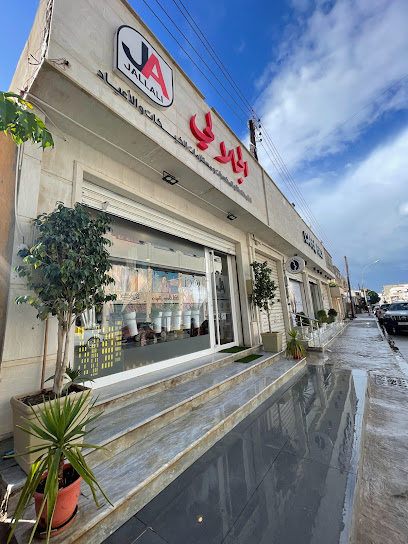
Essential bars & hidden hideouts
مقهى
Experience the essence of Benghazi at مقهى - a vibrant bar and café perfect for relaxation and socializing.
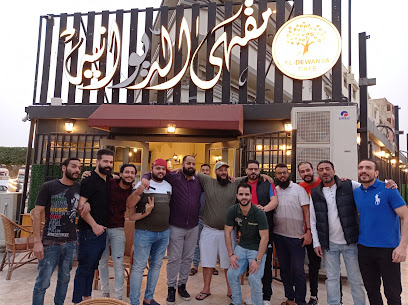
Al Yamamah Hall for Wedding
Experience elegance and sophistication at Al Yamamah Hall, the premier wedding venue in Benghazi, where unforgettable moments are made.
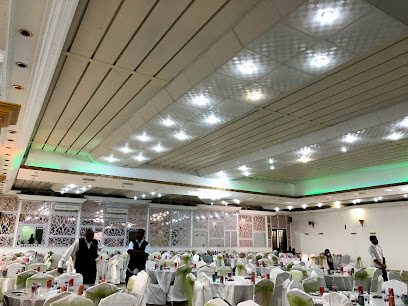
جزيزة المساكن
Experience the serene ambiance of جزيرة المساكن, a lounge in Benghazi offering refreshing drinks and delightful local flavors.

Rooftop Caffe and Bakery - روف توب كافي
Experience the best of Benghazi at Rooftop Caffe and Bakery, where delicious pastries meet stunning views in a cozy rooftop setting.
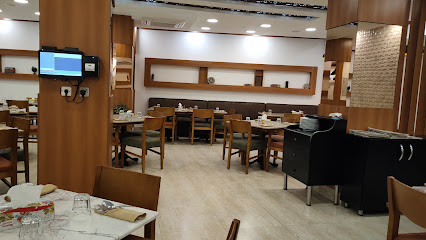
باله لاونج
Discover the vibrant nightlife at باله لاونج in Benghazi, where great drinks and a lively atmosphere await every visitor.
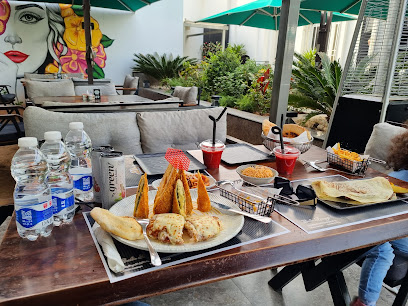
شيش نار
Experience the rich flavors of Libya at شيش نار, a vibrant restaurant in Benghazi known for its authentic cuisine and warm atmosphere.
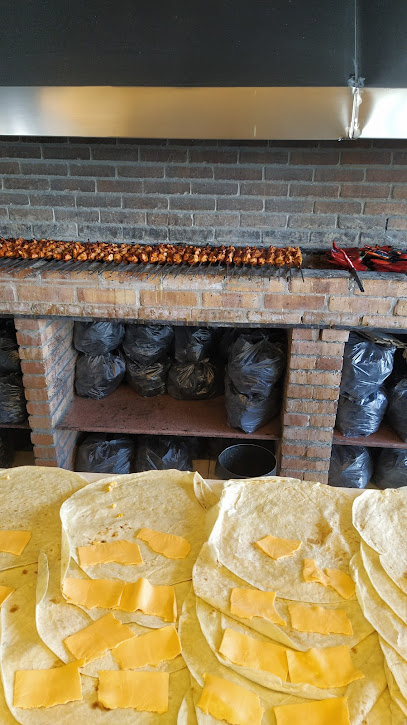
مطعم السير عزو
Experience authentic Libyan flavors and a warm atmosphere at مطعم السير عزو, a must-visit bar in the heart of Benghazi.

حسن الزايدي hassan zaidi
Discover the lively atmosphere and local charm at Hassan Zaidi Bar in Benghazi, where refreshing drinks and friendly faces await.

شاهي وحليب
Experience the vibrant atmosphere and refreshing cocktails at شاهي وحليب, a must-visit cocktail bar in Benghazi, Libya.
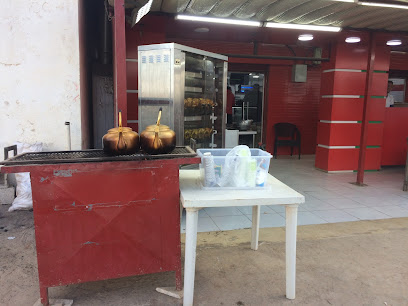
Sarantii
Discover Sarantii, a vibrant bar in Benghazi, where local flavors and a lively atmosphere come together for an unforgettable nightlife experience.
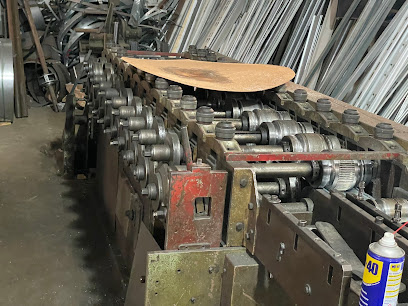
العمل
Discover tranquility at العمل, a serene lounge in Benghazi perfect for unwinding with drinks and light snacks amid your travels.

قلاوي
Experience the vibrant atmosphere and local flavors at قلاوي, a charming bar in the heart of Benghazi, perfect for relaxation and socializing.

حمادي
حمادي in Benghazi: A vibrant bar blending local culture and nightlife for an unforgettable experience.

khan md shohag
Experience the vibrant atmosphere of Khan MD Shohag, a popular bar in Benghazi, where locals and tourists gather to unwind and enjoy refreshing drinks.

Local Phrases
-
- Helloمرحبا
[marhaban] - Goodbyeوداعا
[wadaean] - Yesنعم
[naam] - Noلا
[la] - Please/You're welcomeمن فضلك/على الرحب والسعة
[min fadlik/ala arrahb wasaaha] - Thank youشكرا
[shukran] - Excuse me/Sorryعذرا
[aathiraa] - How are you?كيف حالك؟
[kayfa halik?] - Fine. And you?بخير. وأنت؟
[bikhayr. wa ant?] - Do you speak English?هل تتحدث الإنجليزية؟
[hal tatahadath al'ingliziyya?] - I don't understandأنا لا أفهم
[ana la afham]
- Helloمرحبا
-
- I'd like to see the menu, pleaseأريد رؤية القائمة، من فضلك
[urid ru'ya alqa'ima, min fadlik] - I don't eat meatأنا لا آكل اللحم
[ana la aakul allahm] - Cheers!صحتين!
[sahatayn] - I would like to pay, pleaseأريد أن أدفع، من فضلك
[urid an adfa, min fadlik]
- I'd like to see the menu, pleaseأريد رؤية القائمة، من فضلك
-
- Help!النجدة!
[alnajda!] - Go away!ارحل!
[irhal!] - Call the Police!اتصل بالشرطة!
[iatisal bialshurta!] - Call a doctor!اتصل بطبيب!
[iatisal batebib!] - I'm lostلقد ضللت
[laqad dalalt] - I'm illأنا مريض
[ana mareed]
- Help!النجدة!
-
- I'd like to buy...أريد شراء...
[urid shira...] - I'm just lookingأنا فقط أتطلع
[ana faqat attala] - How much is it?بكم هذا؟
[bikam hadha?] - That's too expensiveهذا غالي جدا
[hadha ghali jiddan] - Can you lower the price?هل يمكنك تخفيض السعر؟
[hal yumkinuki takhfid alsaaar?]
- I'd like to buy...أريد شراء...
-
- What time is it?كم الساعة؟
[kam alssaea?] - It's one o'clockالساعة الواحدة
[alssaea alwahida] - Half past (10)الساعة العاشرة والنصف
[alssaea alashira wannahf] - Morningالصباح
[alssabah] - Afternoonالظهر
[aldhuhr] - Eveningالمساء
[almasa] - Yesterdayالأمس
[al'ams] - Todayاليوم
[alyawm] - Tomorrowغدا
[ghadan] - 1واحد
[wahid] - 2اثنان
[ithnan] - 3ثلاثة
[thalatha] - 4أربعة
[arbaa] - 5خمسة
[khamsa] - 6ستة
[sitta] - 7سبعة
[sabaa] - 8ثمانية
[thamania] - 9تسعة
[tasia] - 10عشرة
[ashara]
- What time is it?كم الساعة؟
-
- Where's a/the...?أين الـ...؟
[ayn al...] - What's the address?ما هو العنوان؟
[ma huwa al'ainaan?] - Can you show me (on the map)?هل يمكنك أن تريني (على الخريطة)؟
[hal yumkinuka an tureenii (ala alkhareeta)?] - When's the next (bus)?متى الحافلة القادمة؟
[mata alhafilat alqadima?] - A ticket (to ....)تذكرة (إلى ....)
[tazkirat (ila ....)]
- Where's a/the...?أين الـ...؟
History of Benghazi
-
Benghazi, originally known as Euesperides, was established as a Greek colony around 525 BC. Situated along the coast of the Mediterranean Sea, it served as an important trading hub for the Greeks. The city was named after the Hesperides, the mythical nymphs of evening and golden light of sunset.
-
After the decline of Greek dominance, Euesperides came under Roman rule in the 1st century BC and was renamed Berenice after the wife of Ptolemy III. The city flourished under Roman and later Byzantine control, becoming a vital center for trade and culture in the region. Architectural remnants from this period, including columns and mosaics, still bear witness to this prosperous era.
-
In the 7th century AD, Benghazi was conquered by Arab forces during the Islamic expansion. Renamed Barneeq, the city became an integral part of the Islamic world. During the medieval period, Benghazi witnessed a series of political changes, including the rule of the Aghlabids, Fatimids, and later the Ottomans. The city’s mosques and madrasas from this period reflect the rich Islamic heritage.
-
Benghazi was incorporated into the Ottoman Empire in 1578. Under Ottoman rule, the city underwent significant administrative and infrastructural developments. The Ottomans built fortifications, administrative buildings, and enhanced the port facilities, which helped boost trade and commerce. The city's cultural landscape was deeply influenced by Ottoman architecture and customs.
-
In 1911, Italy conquered Benghazi as part of its colonial ambitions in North Africa. The city became a focal point of Italian Libya. Italians invested in the development of Benghazi, constructing modern roads, buildings, and public services. The Italian influence can still be seen in some of the architectural styles and urban planning of the city.
-
Benghazi was a strategic location during World War II and witnessed significant military action. The city changed hands multiple times between the Axis powers and Allied forces. After the war, Benghazi was occupied by British forces until Libya's independence in 1951. The wartime and post-war periods left an indelible mark on the city's infrastructure and demographics.
-
Following Libya's independence in 1951, Benghazi emerged as a key city in the newly formed Libyan state. It became the co-capital alongside Tripoli and played a significant role in the political and economic landscape of the country. The discovery of oil in the region in the 1950s brought wealth and rapid modernization to Benghazi. However, the city also faced challenges, including political turmoil and conflict, most notably during the Libyan Civil War in 2011 and subsequent years.
-
Today, Benghazi is a melting pot of cultures and histories. The city boasts several landmarks that reflect its diverse past, including the Benghazi Cathedral, one of the largest churches in North Africa, and the Red Castle Museum, which houses artifacts from various periods of the city's history. Traditional markets, or souks, offer a glimpse into the daily life and commerce of Benghazi's residents.
Benghazi Essentials
-
Benghazi is accessible via Benina International Airport, located about 19 kilometers east of the city. Several airlines operate flights to and from major cities in the Middle East and North Africa. From the airport, you can take a taxi or arrange for a hotel shuttle to reach the city center. Overland travel is possible but not commonly recommended due to safety concerns. If you are traveling from within Libya, domestic flights and intercity buses are available.
-
In Benghazi, taxis are the most common mode of transportation for tourists. They are relatively inexpensive, but make sure to agree on the fare before starting your journey as meters are not always used. Public buses are available but can be crowded and less reliable. Car rentals are available for those who prefer to drive themselves, but be aware of local driving customs and road conditions. Walking is an option for short distances and to explore local neighborhoods.
-
The official currency in Libya is the Libyan Dinar (LYD). Credit cards are not widely accepted, so carrying cash is essential. ATMs are available, but they may not always be reliable due to technical issues. It is advisable to exchange money at official exchange bureaus or banks. Keep smaller denominations on hand for daily transactions and tipping.
-
Benghazi has seen improvements in security but still has areas with higher crime rates, particularly for crimes targeting tourists. Avoid the Al-Sabri and Leithi neighborhoods, which have been known for their instability. Stay cautious, avoid walking alone at night, and keep your belongings secure. It is also advisable to stay updated on local news and travel advisories.
-
In case of emergency, dial 193 for police assistance, 191 for medical emergencies, and 190 for the fire department. It is advisable to have travel insurance that covers medical emergencies. Benghazi has several hospitals and clinics, but the quality of care can vary. Pharmacies are available for minor health concerns. Keep a list of emergency contacts, including your country's embassy or consulate.
-
Fashion: Do dress modestly; women should cover their shoulders and knees. Avoid wearing revealing clothing. Religion: Do respect Islamic customs; dress conservatively and avoid public displays of affection. Public Transport: Do be respectful and give up your seat to elderly passengers. Avoid eating or drinking on public transport. Greetings: Do greet people with a handshake; men should wait for women to extend their hands first. Eating & Drinking: Do try local cuisine and accept food offerings graciously. Don't refuse hospitality, as it is considered impolite.
-
To experience Benghazi like a local, visit the Old City (Medina) to explore traditional markets and shops. Engage with locals, who are often friendly and eager to share their culture. Don’t miss a visit to the Benghazi Cathedral and the Italian lighthouse for historical insights. For a unique experience, try traditional Libyan dishes such as bazin, couscous, and asida at local eateries.
Nearby Cities to Benghazi
-
Things To Do in Misrata
-
Things To Do in Chania
-
Things To Do in Zliten
-
Things To Do in Rethymno
-
Things To Do in Leptis Magna
-
Things To Do in Crete
-
Things To Do in Kalamata
-
Things To Do in Heraklion
-
Things To Do in Siwa Oasis
-
Things To Do in Olympia
-
Things To Do in Zakynthos
-
Things To Do in Tripoli
-
Things To Do in Nafplio
-
Things To Do in Marsaskala
-
Things To Do in Marsaxlokk











